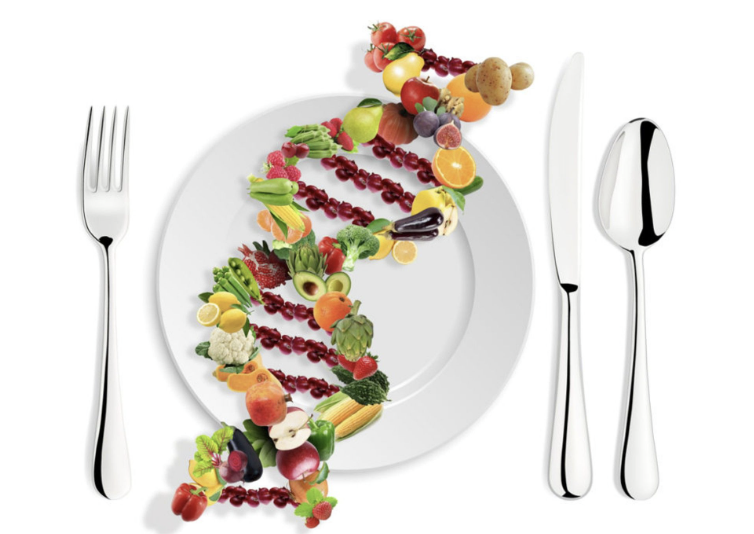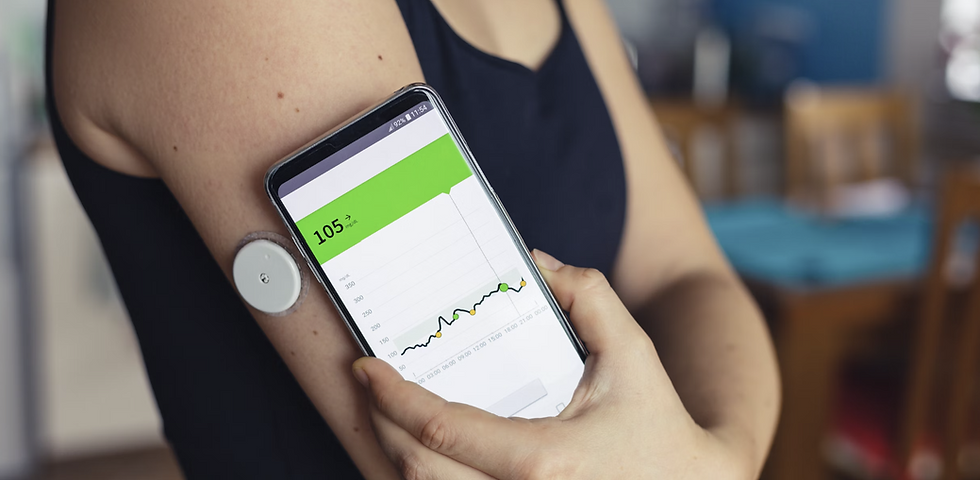Artificial Sweeteners and Blood Sugar: Do Zero-Calorie Sweeteners Affect Insulin or Gut Health?
- Elane Bosman

- Jul 24, 2025
- 4 min read

For people living with insulin resistance, prediabetes, or type 2 diabetes, artificial sweeteners may seem like a simple solution: enjoy sweet tastes without the spike in blood sugar or calories. But are these sugar substitutes truly as harmless as they seem?
The science reveals a more complex picture.
In this article, we explore:
Do artificial sweeteners raise blood sugar or insulin?
How do they impact the gut microbiome?
Are some safer than others?
What does the latest research suggest?
Let’s unpack the evidence with a functional medicine lens.
What Are Artificial Sweeteners?
Artificial or non-nutritive sweeteners (NNS) are synthetic or naturally-derived compounds that taste sweet but contain Common Sweeteners in South Africa
Sweetener | South African Brand Names | Sweetness Compared to Sugar | Approval |
Aspartame | Canderel®, Equal® | ~200x | ✅ FDA & SAHPRA |
Sucralose | Huletts EquiSweet®, Splenda® (imported), Nature’s Choice® | ~600x | ✅ FDA & SAHPRA |
Saccharin | Hermesetas®, Sweetex® | ~300x | ✅ FDA & SAHPRA |
Acesulfame K | Often blended (e.g., in Canderel® or store-brand tablets) | ~200x | ✅ FDA & SAHPRA |
Stevia (Reb-A) | Natura®, SweetLeaf® (imported), Health Connection®, Truvia® | ~200–300x | ✅ (plant-based, FDA & SAHPRA) |
Monk Fruit | Lakanto® (imported), Keto Life®, Sweet Like Sugar® | ~100–250x | ✅ (plant-based, FDA) – not yet widely registered with SAHPRA as standalone |
Notes:
Many South African products are blends, e.g. stevia + erythritol, or sucralose + maltodextrin. Always check the label.
Erythritol is also widely available under brands like Xylitol SA, Nature’s Choice, and SoPure.
Regulatory oversight: While FDA-approved sweeteners are allowed in South Africa, SAHPRA does not require separate approval for all table-top sweeteners unless sold as medical or supplement-grade products, few or no calories.
1. Do Artificial Sweeteners Raise Blood Sugar or Insulin?
In theory, artificial sweeteners don’t contain glucose or calories, so they shouldn’t raise blood sugar. However, some studies suggest they may still affect insulin or blood sugar indirectly, depending on the individual and the sweetener type.
Key Research Findings:
Sucralose: A 2013 study in Diabetes Care showed that sucralose increased insulin levels by 20% in insulin-sensitive individuals, even though blood sugar didn’t change significantly.
Pepino MY et al., Diabetes Care. 2013.
Aspartame: Some studies suggest aspartame may blunt insulin sensitivity and alter glucose metabolism, especially when consumed regularly.
Tandel KR. Indian J Pharmacol. 2011.
Stevia: May slightly lower blood glucose and stimulate GLP-1 release, a gut hormone that supports insulin function.
Anton SD et al., Appetite. 2010.
Clinical Insight:
In healthy individuals, these effects are often minimal.
In insulin-resistant or obese individuals, some sweeteners may trigger insulin due to conditioned responses or sweet taste receptors in the gut.
2. Do Artificial Sweeteners Affect the Gut Microbiome?
This is where things get more concerning.
Key Research:
A 2014 study in Nature found that saccharin, sucralose, and aspartame altered gut microbiota, leading to glucose intolerance in mice. When the altered microbiota was transplanted into germ-free mice, those mice also developed glucose intolerance.
Suez J et al., Nature. 2014.
Follow-up human studies found that responses to artificial sweeteners vary, with some people showing microbiome changes and others not — indicating individual variability.
A 2022 study published in Cell confirmed that even low doses of saccharin and sucralose can alter the microbiome and disrupt glucose tolerance in some individuals.
Suez J et al., Cell. 2022.
Functional Perspective:
The gut microbiome plays a central role in insulin sensitivity, inflammation, immune function, and mood. Even small disruptions could affect metabolic health over time, especially in vulnerable individuals.
3. Are Natural Sweeteners Like Stevia and Monk Fruit Better?
While still non-caloric, plant-derived sweeteners such as stevia (particularly whole-leaf or less-refined forms) and monk fruit appear to be less disruptive to blood sugar and gut health.
Benefits of Stevia & Monk Fruit:
Do not raise glucose or insulin in most individuals.
Have antioxidant and anti-inflammatory effects.
May support GLP-1 and gut hormone release in animal models.
However, commercial blends often contain fillers like erythritol or dextrose, which may have their own effects.
A 2023 Nature Medicine study linked high blood levels of erythritol to increased clotting risk in some individuals with cardiovascular disease.Witkowski M et al., Nat Med. 2023.
Summary: Do Artificial Sweeteners Affect Insulin or Gut Health?
Effect | Artificial Sweeteners | Natural Sweeteners |
Raise Blood Glucose | Not directly | Not directly |
Raise Insulin | Some may in sensitive individuals | Minimal (Stevia, Monk Fruit) |
Affect Gut Microbiome | Yes (esp. sucralose, saccharin) | Less likely, but possible |
Cause Cravings | May increase sugar desire | Possible in high use |
Integrative Nutritionist Recommendations
If You're Managing Insulin Resistance or Diabetes:
Limit artificial sweeteners, especially sucralose, aspartame, and saccharin.
Use stevia or monk fruit in moderation, ideally in pure or organic forms.
Watch for hidden sweeteners in protein powders, drinks, and supplements.
Prioritize real food to retrain your taste buds and reduce sugar dependence.
Support your gut microbiome with fiber, prebiotics, and fermented foods.
Final Thoughts
Artificial sweeteners aren’t a free pass. While they may not contain calories, their impact on insulin, cravings, and gut health could affect your metabolic health over time — especially if you’re already struggling with insulin resistance, type 2 diabetes, or digestive issues.
Instead of just replacing sugar with something “sweet but safer,” a more powerful approach is to recalibrate your palate and stabilize your blood sugar through:
Nutrient-dense meals
Healthy fats and proteins
Bitter and sour flavors that reduce cravings naturally
Your body is incredibly adaptable — and with the right support, it can learn to thrive without artificial crutches.
References
Pepino MY, et al. Sucralose affects glycemic and hormonal responses to an oral glucose load. Diabetes Care. 2013.
Suez J, et al. Artificial sweeteners induce glucose intolerance by altering the gut microbiota. Nature. 2014.
Anton SD, et al. Effects of stevia, aspartame, and sucrose on food intake, satiety, and postprandial glucose and insulin levels. Appetite. 2010.
Suez J, et al. Personalized microbiome-driven effects of non-nutritive sweeteners on human glucose tolerance. Cell. 2022.
Witkowski M, et al. The artificial sweetener erythritol and cardiovascular event risk. Nat Med. 2023.




Comments